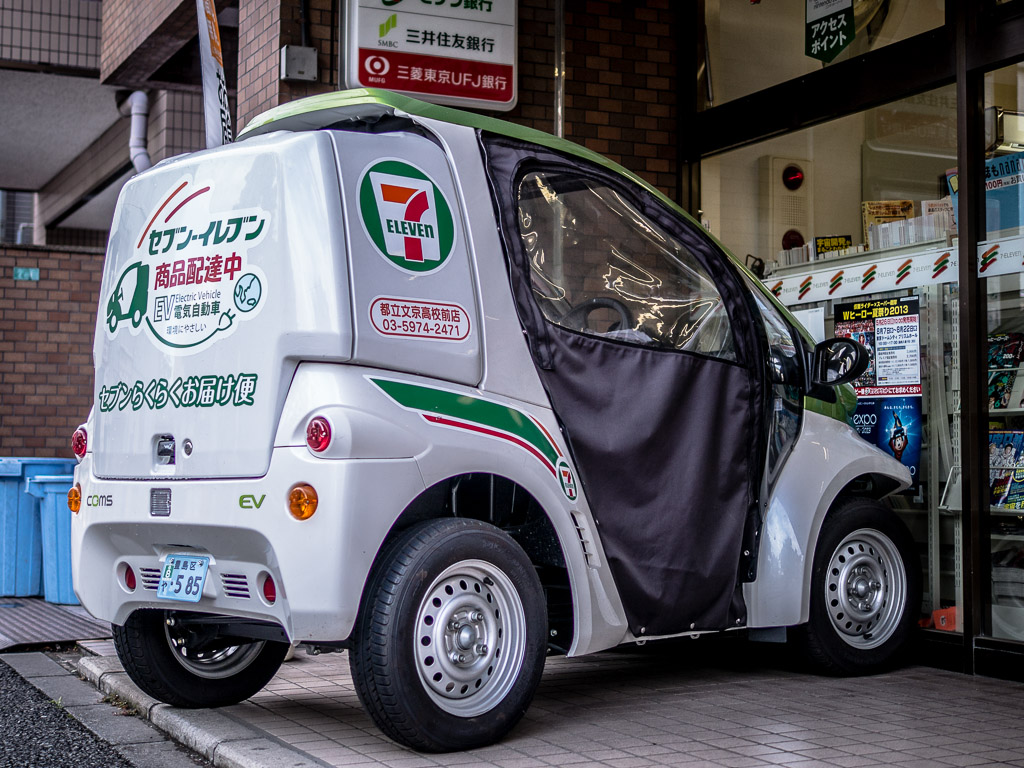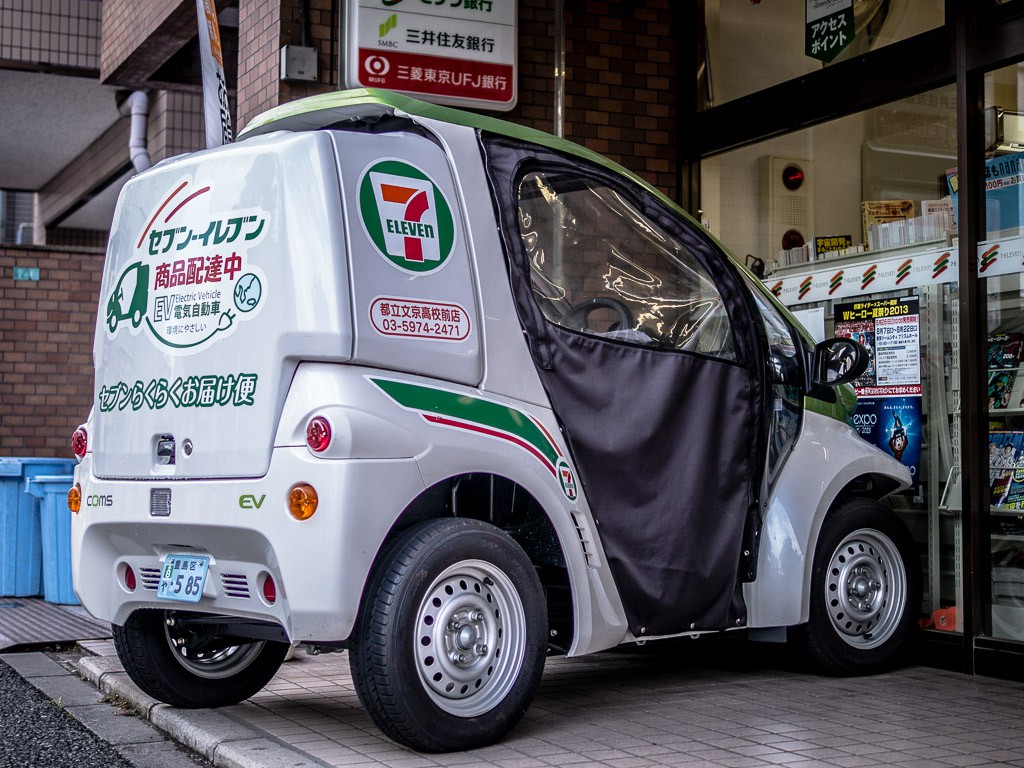Guest post by Jeff Mosenkis of Innovations for Poverty Action.
- This American Life sent four people to explore refugee camps in Greece. They did a very nice job of explaining the bottlenecks in getting them settled.
- From Marketplace, in the US a model of getting local communities involved in refugee resettlement is being tested by the Connecticut non-profit IRIS.
- Duncan Green and Mohga Kamal-Yanni write about a new paper from LSE anthropologist Tim Allen and LSHTM’s Melissa Parker, which is a more substantive contribution to the Worm Wars. In addition to reviewing the back and forth we all know, they discuss their and colleagues’ work going back to 2005, counting dewormed children in Uganda and Tanzania. They’ve found wide variation best summarized in a video interview (about 4:30 in), my rough transcription:
Rather than have a debate on the econometrics of a data set from the late 1990’s, let’s ask if children are actually receiving the medications? Have infection rates gone up or down, have school enrollment rates increased? There’s all sorts of work that could be done and remarkably, it’s not being done. We’ve collected data from a large number of schools in Tanzania and Uganda and the answer is that treatment in school is often much better than the general population, but it’s haphazard, sometimes the wrong drugs or wrong combination of drugs arrive. On average, about half the population of children get the tablets. If kids are going to be immediately reinfected, and we find they are, is it worth it? More importantly, the majority of children we’ve observed treated in schools since 2005 are being treated without them or their parents knowing why they’re receiving these tablets, or giving informed consent.
It’s a nice reminder that a good idea can have lots of variation in how it’s implemented and why data collection shouldn’t end with the RCT. It’s also worth noting these weren’t Deworm the World programs, and that GiveWell recently had another blog post explaining why they continue to recommend deworming & DtW as effective despite variation in estimates of the effects.
- Landersø & Heckman have a paper on social mobility in Denmark vs. the U.S.:
Measured by income mobility, Denmark is a more mobile society, but not when measured by educational mobility. … Greater Danish income mobility is largely a consequence of redistributional tax, transfer, and wage compression policies. While Danish social policies for children produce more favorable cognitive test scores for disadvantaged children, these do not translate into more favorable educational outcomes, partly because of disincentives to acquire education arising from the redistributional policies that increase income mobility.
In other words, Denmark has more income mobility because of taxes and transfers, but not more educational mobility. Poor kids still don’t go to college and get better jobs than their parents, they’re just less poor. More from Derek Thompson in The Atlantic.
- The big AP story this week about lack of evidence to support flossing wasn’t about null results, it was about research methods. It turns out flossing may or may not be good for our teeth, nobody’s yet run a study strong enough to tell. (Nobody knows how it ended up in government guidelines which are supposed to be evidence-based.)
- How 7-Elevens Are Becoming Lifelines for Japan’s Elderly.
And the next center for innovative disruption (h/t Loïc Watine):
Photo credit: Flickr/solmarch.



22 Responses
Duncan Green and Mohga Kamal-Yanni write about a new paper from LSE anthropologist Tim Allen and LSHTM’s Melissa Parker
golu dolls
golu dolls
13 Innovation Labs across 5 regions across the globe has been set up by UNDP’s Innovation wing to shape
the next generation of public services. The Survey Report 2015 is available at http://www.undp.org/content/undp/en/home/librarypage/development-impact/2015-year-in-review.html
Good stories this week from @Marketplace @IRISCT @fp2p @ThisAmerLife
https://t.co/bXSmYKbjIm
That big news story about flossing? It’s really about how research happens.
https://t.co/bXSmYKbjIm
RT @poverty_action: In the links, the amazing new Ugandan innovation center
https://t.co/bXSmYKbjIm https://t.co/6BrGB4ZI2u
In the links, the amazing new Ugandan innovation center
https://t.co/bXSmYKbjIm https://t.co/6BrGB4ZI2u
7-11s have adapted to help Japan’s aging population
https://t.co/bXSmYKbjIm
RT @poverty_action: That big news story about flossing? It’s really about how research happens.
https://t.co/bXSmYKbjIm
As always, great post
Thanks a lot
RT @poverty_action: That big news story about flossing? It’s really about how research happens.
https://t.co/bXSmYKbjIm
RT @poverty_action: That big news story about flossing? It’s really about how research happens.
https://t.co/bXSmYKbjIm
That big news story about flossing? It’s really about how research happens.
https://t.co/bXSmYKbjIm
IPA’s weekly links: interesting update on the worm wars https://t.co/2wGJmBQ4nx
RT @poverty_action: New research, Denmark is supposed to be one of the most mobile societies, but is it?
https://t.co/bXSmYKbjIm
New research, Denmark is supposed to be one of the most mobile societies, but is it?
https://t.co/bXSmYKbjIm
RT @poverty_action: A different perspective on deworming, via @fp2p
https://t.co/bXSmYKbjIm
A different perspective on deworming, via @fp2p
https://t.co/bXSmYKbjIm
RT @poverty_action: Interesting stories on how refugees get resettled in Greece and the U.S.
https://t.co/bXSmYKbjIm
Interesting stories on how refugees get resettled in Greece and the U.S.
https://t.co/bXSmYKbjIm
@SurprisingShow Thanks, I came to the same conclusion for work (scroll down) https://t.co/HOwBl8giJa really appreciate your revisiting it /1
7-11’s stores in Japan are adapting to help the aging population https://t.co/bXSmYJTIQO
RT @cblatts: IPA’s weekly links https://t.co/fdDtyqNJkW